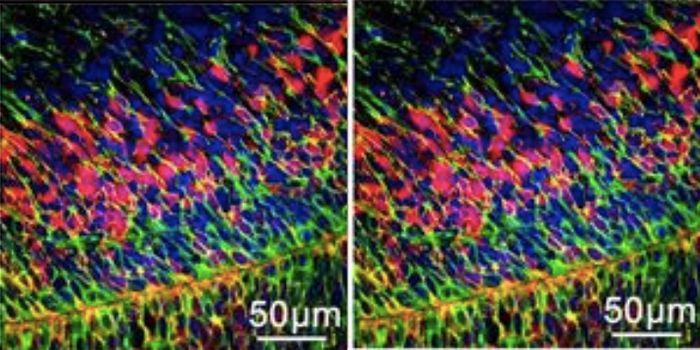The Origin of a Modern Illness is Seen in Ancient DNA
Scientists have determined that humans probably started practicing agriculture around 10,000 to 9,000 BCE in the Near East, and farming moved into Europe by about 6,000 BCE. The study of this ancient history has been aided by analyzing the genomes of ancient humans who lived in these areas, and which have been revealed by archaeological studies. Researchers have now used advanced genetic sequencing data from 317 humans who lived in northern and western Eurasia, mostly during the Mesolithic and Neolithic periods to investigate the origins of multiple sclerosis (MS). The oldest human genome in this dataset is from about 34,000 years ago. This data was analyzed along with genetic data from modern humans to learn more about how genes and diseases spread as people migrated over time. The findings have been reported in several studies in Nature.
Multiple sclerosis in most common among people in Northern Europe. The research has shown that MS has genetic roots that go back to the steppes of what is now Southwest Russia and West Kazakhstan. Genetic variants that significantly increase a person's MS risk appeared in Northern Europe about 5,000 years ago with the Yamnaya people, who raised sheep and cattle and migrated to the area from the East. These variants were probably advantageous to the Yamnaya, possibly because they prevented them from catching diseases carried by their livestock. There was a catch, however, as the variants also raised the rate of MS.
"These results change our view of the causes of multiple sclerosis and have implications for the way it is treated," said corresponding study author Professor Eske Willerslev, of the Universities of Cambridge and Copenhagen, among other appointments.
The lopsided rates of MS have long been a mystery; there are about two times as many cases of the disease in northern Europe compared to southern Europe. This study could explain that observation.
The research identified 233 genetic variants that raise a carrier's MS risk. Although the disease is also influenced by environmental factors, these genetic variants can add 30 percent to a person's risk of the disease.
This study has indicated that MS is a disease that resulted from people's genetic adaptation to environmental factors that existed in prehistory, noted study co-author Professor Lars Fugger, a consultant physician at John Radcliffe Hospital, University of Oxford.
"These results astounded us all. They provide a huge leap forward in our understanding of the evolution of MS and other autoimmune diseases. Showing how the lifestyles of our ancestors impacted modern disease risk just highlights how much we are the recipients of ancient immune systems in a modern world," said study co-author Dr. William Barrie, a postdoc in the University of Cambridge's Department of Zoology.
The investigators now want to perform a similar investigation to learn more about the origins of other neurological diseases like Alzheimer's and Parkinson's, as well as conditions including ADHD and schizophrenia.
Sources: University of Cambridge, Nature









